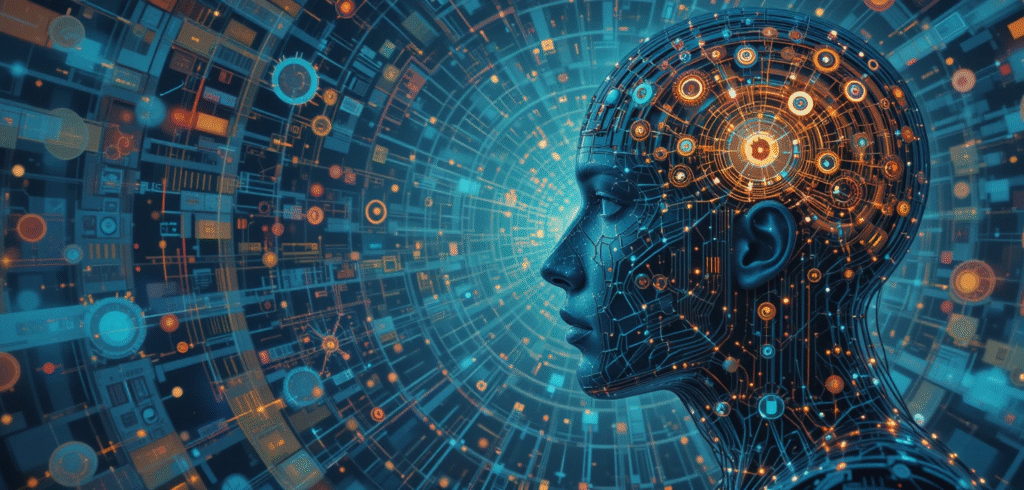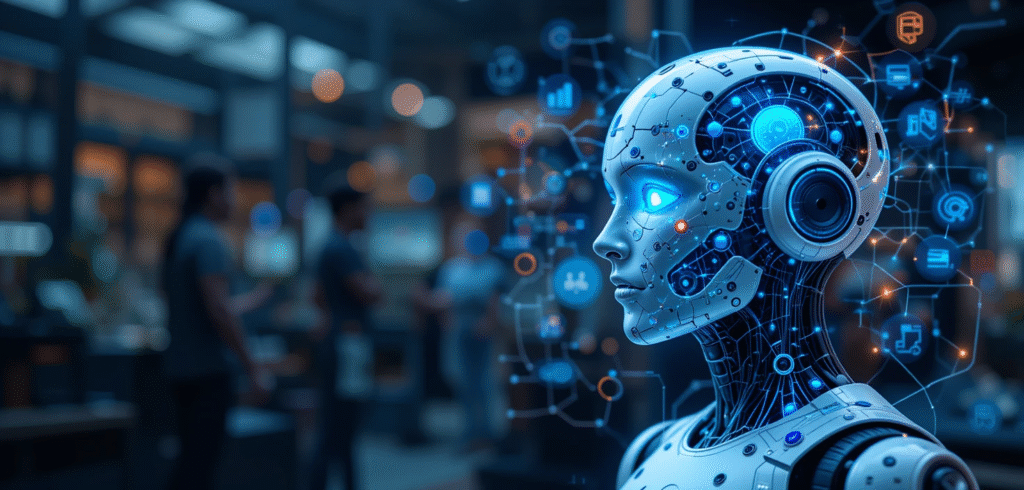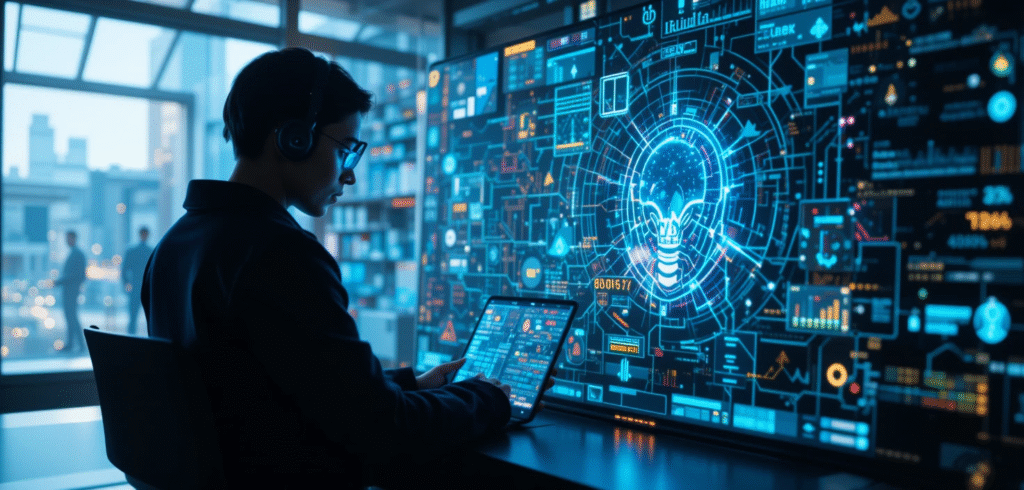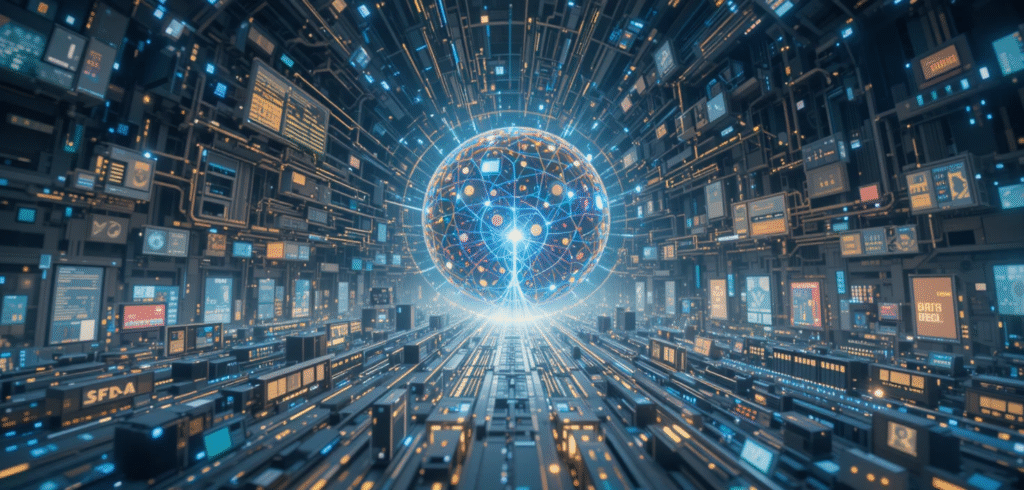
One of the 21st century’s most revolutionary technologies, artificial intelligence (AI) is changing economies, cultures, and industries all around the world. With ongoing developments in automation, machine learning, and natural language processing, artificial intelligence (AI) is no more a sci-fi fantasy but a reality that affects business, education, healthcare, and even people’s personal life. However, the future of AI offers both enormous opportunities and tremendous challenges, just like any other strong technology. Policymakers, academics, companies, and individuals preparing for a future in which artificial intelligence (AI) plays a major role must comprehend these opportunities and difficulties.
Opportunities in the Future of Artificial Intelligence
Changing the Healthcare Industry
The potential of artificial intelligence in healthcare to enhance patient care, diagnosis, and treatment effectiveness is among its most exciting prospects. Medical image analysis, early disease detection, and individualized therapy suggestions are all possible with AI-driven algorithms. AI, for instance, can assist oncologists in more accurately identifying cancers than they could using conventional techniques. Virtual assistants with AI capabilities can also remotely monitor patients, reminding them to take their prescriptions and notifying physicians of any crises. In addition to lessening hospital workload, this guarantees improved accessibility for patients in underserved or rural locations.
Improving the Efficiency of Businesses

AI integration in business is transforming operational effectiveness and decision-making. Businesses are depending more and more on AI-powered solutions for supply chain management, market forecasting, and data analytics. Natural language processing-powered chatbots and virtual assistants are increasing user pleasure, offering round-the-clock support, and boosting customer service. Additionally, AI systems are able to identify fraudulent financial transactions, guaranteeing security and confidence. AI will give businesses a competitive edge by lowering expenses, increasing output, and providing more individualized services.
Educational Innovation
AI in education presents chances to customize educational experiences. Intelligent tutoring programs can provide individualized instruction and real-time feedback based on the needs of each individual student. Teachers can evaluate student performance using AI tools and modify their teaching strategies accordingly. Additionally, by offering remote learning assistance, automated grading, and language translation, AI-powered platforms are expanding access to education. For students with impairments or those residing in isolated places with limited access to traditional educational resources, this opens up inclusive opportunities.
Research and Scientific Discovery
AI presents a significant possibility for scientific research as well. AI can evaluate large datasets that humans cannot, from medicine development to climate modeling. The hunt for treatments for complicated illnesses like cancer and Alzheimer’s is speeding up thanks to AI systems. Artificial Intelligence (AI) aids in space exploration by digesting satellite data, forecasting planetary behaviors, and even supporting robots on far-off missions. These developments may result in ground-breaking findings that fundamentally alter how people perceive science and technology.
Difficulties in the Future of Artificial Intelligence
Concerns about Ethics
The ethical implications of AI are among the most urgent challenges. Frequently trained on biased data, algorithms can produce prejudiced results in lending, hiring, and police. When machines make judgments instead of people, questions arise regarding accountability, transparency, and fairness. Who is liable, for example, if an AI system incorrectly rejects a loan application—the AI, the business, or the developer? Global cooperation is necessary to ensure ethical AI by developing policies, rules, and frameworks that put justice and human rights first.
Security and Privacy of Data

Because AI systems rely heavily on data, there are significant worries around cybersecurity and data privacy. Online platforms, wearable technology, and cellphones are all continuously gathering personal data. In the absence of stringent rules, corporations or malevolent hackers may misuse this data. Furthermore, governments, financial organizations, and individuals are at risk from increasingly complex AI-driven cyberattacks. One of the most significant difficulties in the digital age will be to protect sensitive data while still enabling AI systems to operate efficiently.
Risks and Technical Restrictions
Technical issues like explainability, robustness, and adaptability continue plague AI despite its progress. AI algorithms frequently function as “black boxes,” with opaque decision-making procedures. Users become distrustful as a result of this lack of interpretability. Furthermore, adversarial attacks, in which minor data modifications produce inaccurate findings, can target AI systems. For academics and developers, making AI safe, dependable, and trustworthy is still a struggle.
Governance and Regulation
Establishing international AI governance and laws is a significant challenge. It is difficult to develop universal principles because different nations have different policies and interests. There are ethical and security issues when governments abuse AI for military, censorship, or mass surveillance. A lack of appropriate regulation could result in the weaponization of AI and cause geopolitical instability. To guarantee that AI is applied responsibly and for the good of all people, international cooperation is essential.
Final Thoughts
In ways that humanity has never seen before, artificial intelligence is influencing the future. It has the potential to transform industries, create smarter cities, and cure diseases, but it also comes with hazards to security, ethical quandaries, and job loss. The road ahead demands cautious navigation, striking a balance between AI challenges and potential. The way cultures decide to incorporate AI into their daily lives will determine its destiny, not just the technology itself. Artificial intelligence will stop being a cause of inequity or conflict and instead become a vehicle for progress thanks to human-centered policies, ethical frameworks, and responsible innovation.



